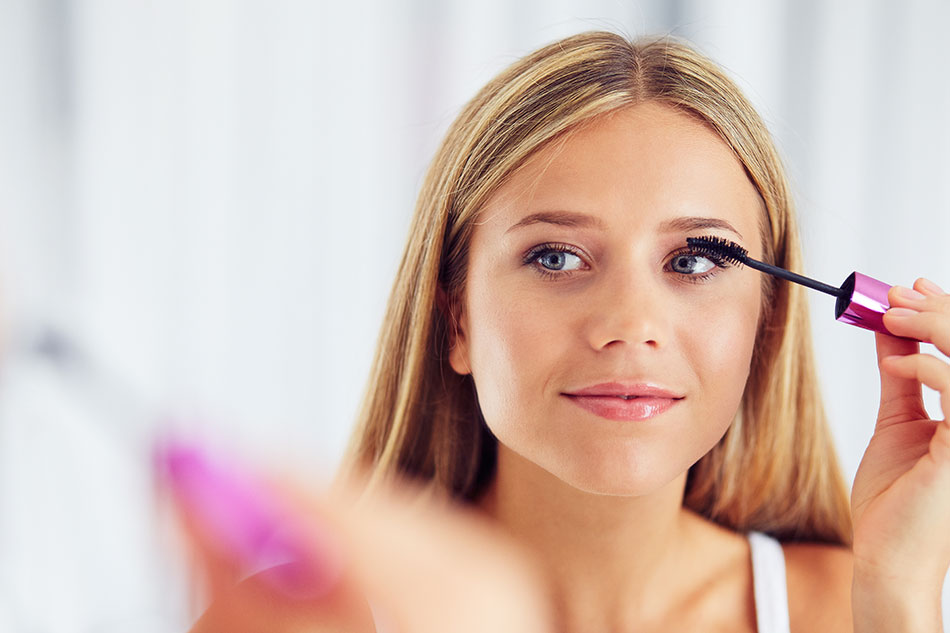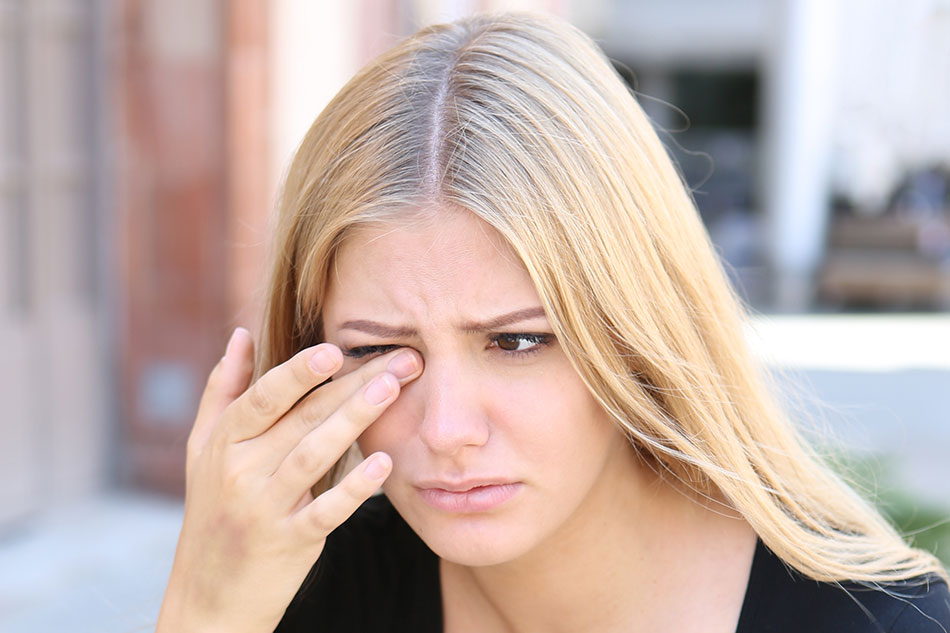Are Contacts Bad for You? 9 Things About Contact Lenses That Just Aren’t True

Did you know that almost half of Americans believe life on Earth came into existence 10,000 years ago? Even though we’ve discovered thousands of fossils, which proves life’s existed for millions of years, this myth still runs rampant.
False information spreads easily nowadays with technology. Some ideas are harmless, but others can significantly impact people's lives in a negative way.
If you're someone who has impaired vision, you've probably considered switching to contacts. Many people are hesitant to make the switch because of all the false facts about contacts out there.
We’ll answer the question: "Are contacts bad for you?" and explore eight other common misconceptions about contacts.
1. Contacts Are Harmful
The first question people usually ask their eye doctor when they discuss switching to contacts is: "Are contacts dangerous?" While there are higher risks of eye infections associated with contacts, most cases happen due to human error.
There are various ways you can damage your eyes, including:
- Not washing your hands before touching your eyes.
- Improperly cleaning and storing your contacts.
- Leaving your contact lenses in for too long.
If you follow all of the instructions given to you by your doctor, then contacts are safe. You shouldn't have any health problems associated with them.
2. I Can Lose Contacts in My Eyes
Has someone ever told you that if you roll your eyes back far enough, they’d freeze up, or you'd be able to see your brain? People can say the craziest things about the body.
Although the concept of losing contacts in your eyes may seem somewhat believable, it's still impossible. A thin membrane covers our eyes and connects them to the lids. There's no room for a contact to slip behind your eye.
3. Contacts Are Expensive

People who consider switching from glasses to contacts always have the same concern: are contacts expensive? The answer is a big no!
Investing in a pair of high-quality glasses can set you back a couple hundred dollars, even $1000 or more. One wrong move, and you can say bye bye to your glasses.
Contacts are usually cheaper than eyeglasses. Even if you prefer disposable contacts, those can cost you less than a dollar per day.
4. I Can't Wear Makeup With Contacts

When makeup’s stuck to your contact lenses, it’s annoying and can block your vision. Trying to apply your makeup blindly is another recipe for disaster. Luckily, you can take a few measures to avoid issues with your contacts and makeup.
Every time you apply makeup, put your contacts in first. You should close your eyes and refrain from inhaling whenever you use a powder. These tiny particles can get trapped in your eyes or airways, which causes irritation.
You should also never wear makeup on the water lines of your lids. You can safely apply eyeliner to the top of your lids.
As for the rest of your makeup, you can apply it normally. Be sure to slow down and be careful whenever you're working around your eyes. When it comes time to remove your makeup, take your contacts out before doing so.
5. Caring for Contacts Is Difficult
It's true that you have to adopt a strict routine to care for your contacts properly. But it can become as effortless as brushing your teeth or making your bed.
If you're low-maintenance or forgetful, you can also use daily disposable contacts. With daily disposables, you won't have to worry about any upkeep.
6. Contacts Aren't Comfortable

You can occasionally feel eyelashes in your eyes, so it makes sense to think that contact lenses would be uncomfortable. However, they're specially designed to sit right on top of the eye and act as a second "skin." You shouldn’t feel them at all.
If your contacts are uncomfortable, it’s possible that you put them in inside-out. Before inserting your contacts, you should always check their shape. If they form a smooth cup, they're in the correct orientation. If there are any lips in the lens, flip them out for a soft U shape.
7. Contacts Can Fall Out
This myth used to be true many years ago, so it's not surprising that it's still commonly heard today. Older types of contact lenses used rigid materials. This meant they could fall out during exercise and other rigorous activities, or even if the lens was super-dry and you blinked!. Contacts manufactured nowadays consist of more flexible materials. They hug the eye so closely that it’s difficult for them to slip out accidentally. Crying with contacts on won’t make them pop out either unless you’re rubbing your eyes. Whether your eyes are a little wet from the body's natural tear production or you're crying a lot, it won't make a difference. Your contacts will stay fitted to your eyes comfortably.8. Older People Can't Wear Contacts

Our bodies slow down with age, and the same applies to our tear production. Having dry eyes can make wearing contacts more difficult, but there’s an easy solution.
Whenever your eyes start to feel a little dry, you may feel a slight irritation. All you have to do is apply a few sterile eye drops for relief. There are even specific contacts on the market designed for people with dry eyes.
Also, if you need multifocal glasses, you’ll be glad to know there are multifocal contacts you can switch to.
9. Contacts Can Stick to My Eye
This article has discussed how closely contacts rest on the eyes and how it’s unlikely for them to fall out. But you might worry about stubborn contact lenses.
Contacts feel comfortable because they’re well hydrated by tears. If you have dry eye for any reason, it can feel like your contacts are stuck. When this happens, put some eye drops in to rewet them. You should then be able to remove them easily.
Ready to Find Your Dream Contacts?

Hopefully, you feel more confident now that we've debunked the pervasive question: "Are contacts bad for you?" If you have more questions, or just want to discuss your options for contact lenses, get in touch with your eye doctor today.